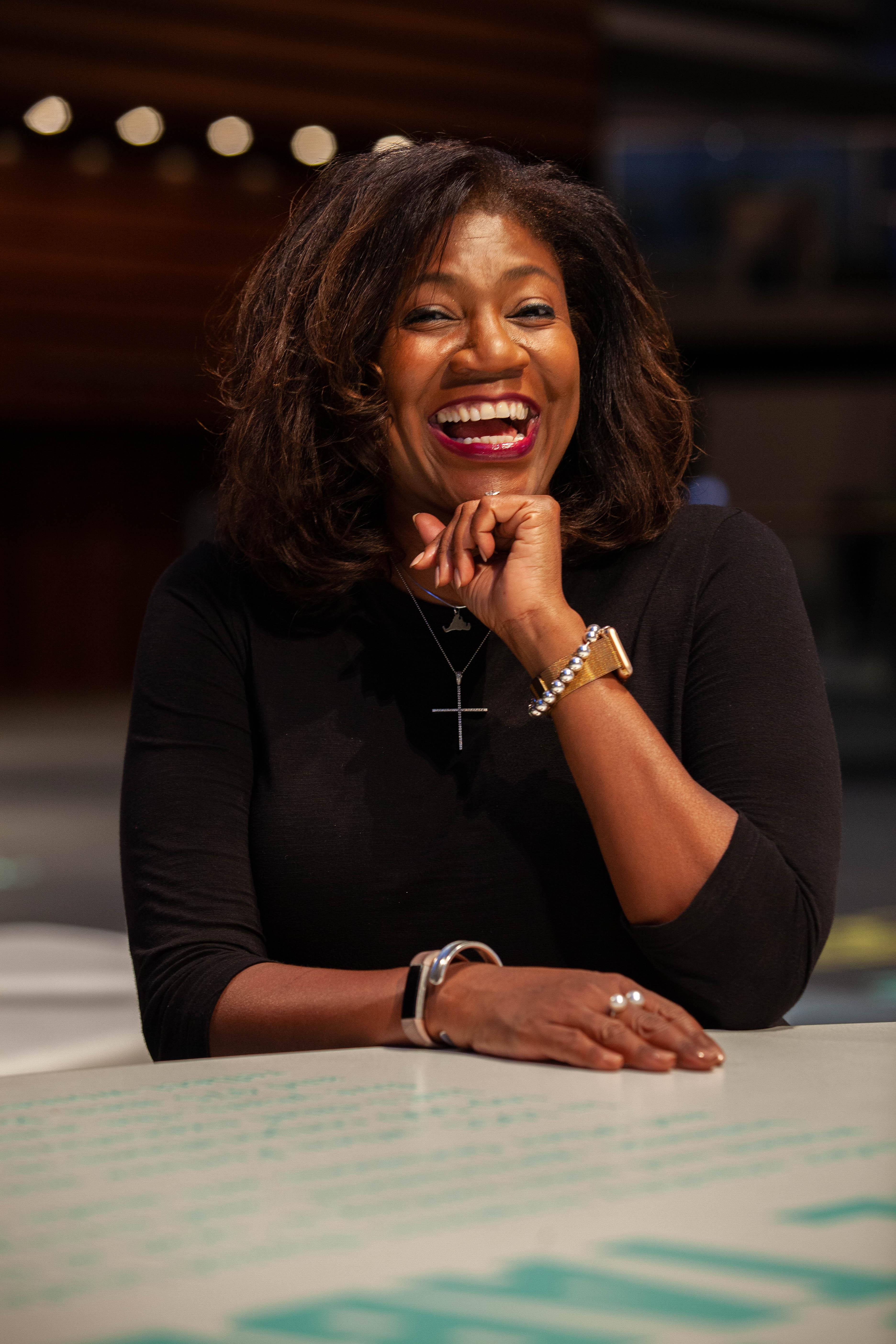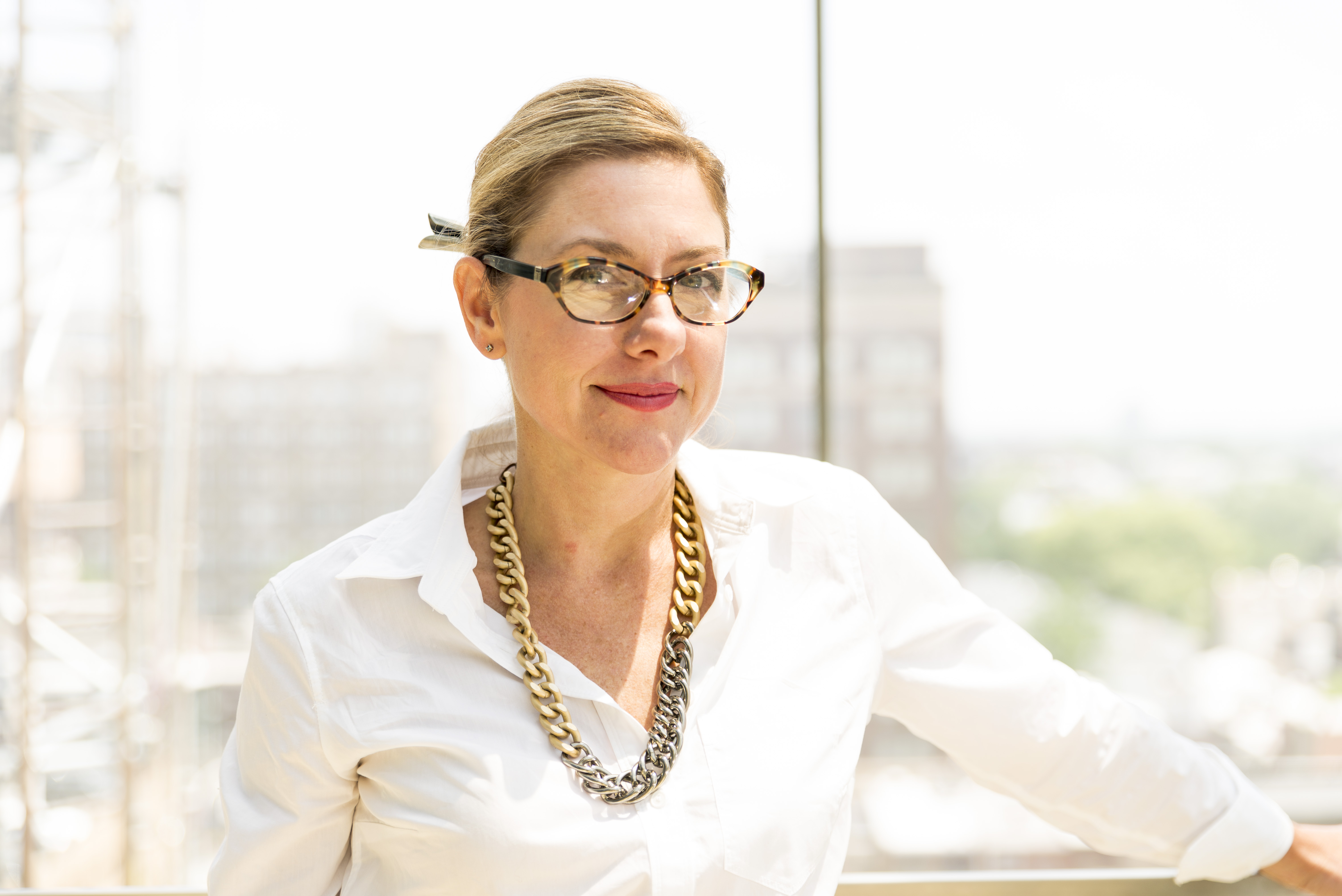Originally posted on ACCESS by Intix on August 25, 2021
Leslie Patterson-Tyler, Senior Director of Media Relations & Communications for the Kimmel Cultural Campus in Philadelphia, has taken a lead role in championing diversity, equity and inclusion initiatives (DEI) at her venue. First and foremost, she is a member of the Kimmel's Diversity, Equity & Inclusion (DEI) Committee, which is comprised of staffers, — including three of five executive team leaders — members of Kimmel's board of directors, and DEI professionals from all over the city.
"The Kimmel's DEI Committee has, among other things, helped us formulate our DEI statement and charter and develop a five-year DEI strategic plan," Patterson-Tyler says. She calls the plan "a living document with goals that include diversifying our leadership, staff, audiences and artists on our stages. Our overall goal is to make the Kimmel more reflective of the city of Philadelphia and the surrounding region we serve."

Leslie Patterson-Tyler, Senior Director of Media Relations and Communications
She adds that one of the biggest strides the Kimmel Cultural Campus has made with regards to DEI strategies is making the commitment to "actually do the work in an intentional way." This goes all the way back to 2001 when the Kimmel was built. "Our foundation was our mission: to engage the region's diverse communities in art through performance and education," she says. "In 2007, we began the work of refocusing our programming to better meet the interests and needs of our diverse community. We also increased our free arts education programming. Our Diversity, Equity & Inclusion Advisory Committee formed in 2017, and it meets quarterly to help us chart a course forward."
Despite being closed for almost a year, the Kimmel Cultural Campus has identified unique ways to continue to fill the needs of the community. Key decisions have included: 1) transforming Kimmel's free education programs to the online space for Title 1 schools; 2) partnering with local charities on food and blood drives; 3) serving as a polling place for elections; and 4) opening its doors as a peaceful resting place for protesters and police during last summer demonstrations in the wake of George Floyd's murder.
Other initiatives have ranged from investing in annual anti-racism staff training to overhauling all recruitment and hiring practices to the creation of a DEI Employee Resource Group composed of staff from various levels and divisions. Group members are given full autonomy to develop programs and systems that move DEI initiatives forward.
The Kimmel has also made sweeping changes to its board to better reflect the racial makeup of Philadelphia. "We are proud to report that today we are led by a board that is 25% African American, 3% Hispanic and 3% Asian," Patterson-Tyler says.
Crystal Brewe, the Kimmel's Senior Vice President of Strategic Marketing and Communications, adds, "We are very proud of the work we've done over the last 20 years at Kimmel Cultural Campus in this area, but we know we have so much more work to do. One of the things I am most proud of in the development of this work is that we've done it not just from the top down, but also with major staff contribution."

Crystal Brewe, Senior Vice President of Strategic Marketing and Communications
She continues, "We have not only worked to make our board more representative of our region's population, seeking out leaders who specialize in DEI to help us with our journey, but we have also formed an Employee Resource Group dedicated to this work. These two groups, in combination with our designated DEI management committee, continue to keep DEI woven through our strategic plan, the programming on our stages and the culture of our organization."
Patterson-Tyler echoed Brewe's sentiments, stressing the importance of DEI principles being implemented throughout the entire culture of a live events venue/organization. "Implementing DEI principles throughout the entire culture of an organization is just as important as reaching diversity goal metrics that may be outlined in a strategic plan," she says. "It's one thing to attract diverse leadership, staff, artists and audiences. But what are we doing to make them feel valued and keep them engaged once they walk through our doors?"
She adds, "It is important for live events venues and organizations to turn the mirror on ourselves and begin the hard but necessary work of significantly improving workplace culture with the goal of being best in class like the many performances that grace our marvelous stages."
If organizations are serious about creating an environment where everyone feels welcome both on stage and off, it's important that they enact various key performance indicators for internal change. According to Patterson-Tyler, "one would be understanding that change starts at the top. The CEO should hold an all-staff meeting restating their commitment to the work of DEI and why."
She also strongly suggests hiring a Chief Diversity Officer, who will report directly to the CEO. A board-led DEI committee is also a must, as are the addition of DEI measures to annual performance appraisal reviews. Another good idea is to set up professional development classes for managers during which time they are required to take an unconscious bias assessment test.
She recommends the free online test offered by Harvard University. "It reveals a lot," Patterson-Tyler says. "But do not be embarrassed by the results. We all have biases. This is the first step in managing your behavior. Professional development is key."